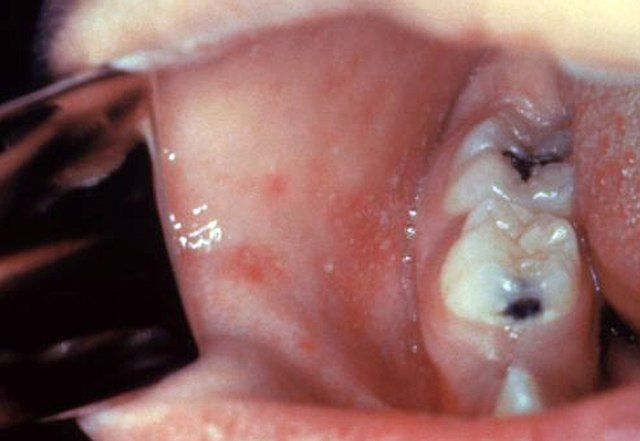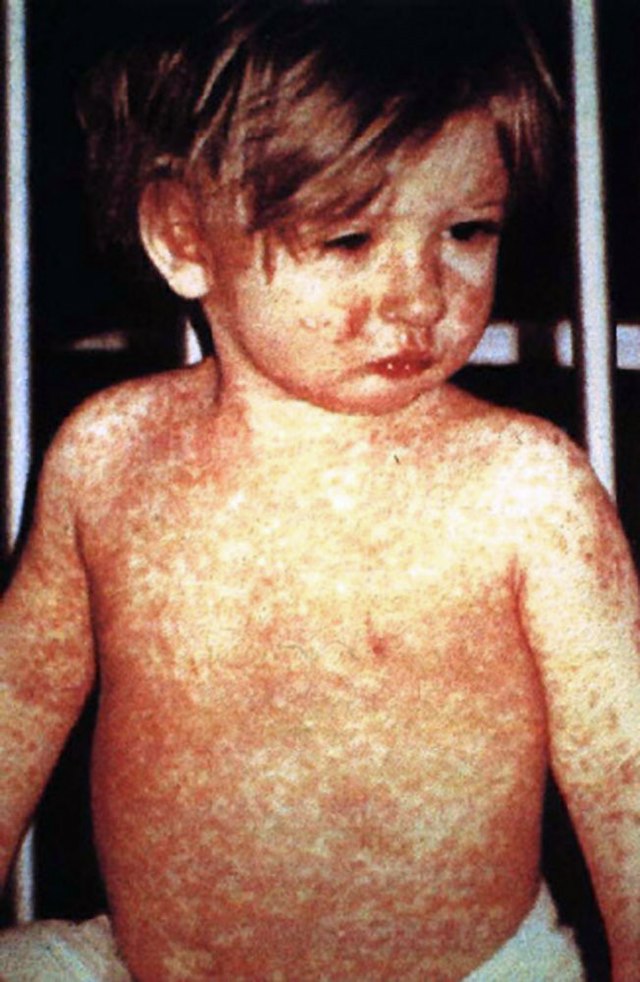Introduction
Measles is one of the most contagious viral diseases known to humanity. Despite the availability of an effective vaccine, measles continues to be a significant public health concern globally, with occasional outbreaks occurring even in developed nations.
What is Measles?
Measles, also known as rubeola, is a highly infectious viral disease that primarily affects children but can occur at any age. The virus belongs to the paramyxovirus family and spreads through respiratory droplets or direct contact with infected fluids.

Key Statistics
| Region | Annual Cases (2023) | Vaccination Rate | Mortality Rate |
|---|---|---|---|
| Global | ~140,000 | 81% | 1-3 per 1000 cases |
| Americas | <1,000 | 94% | <0.1% |
| Africa | ~50,000 | 69% | 3-6% |
| Europe | ~15,000 | 90% | <0.1% |
| Asia | ~70,000 | 85% | 1-2% |
Symptoms and Progression
The disease typically progresses through several stages:
- Initial Phase (Days 1-4)
- High fever (up to 104°F/40°C)
- Persistent cough
- Runny nose
- Red, watery eyes
- Koplik’s Spots (Days 2-3)
- Tiny white spots inside cheeks
- Considered a diagnostic sign
- Rash Phase (Days 4-7)
- Red, blotchy rash
- Starts on face and spreads downward
- Fever may spike
- Most contagious period
- Recovery Phase (Days 8-14)
- Rash fades
- Fever subsides
- General improvement

Complications
Serious complications can occur, particularly in:
- Children under 5 years
- Adults over 20 years
- Pregnant women
- People with weakened immune systems
Common complications include:
- Pneumonia
- Encephalitis
- Ear infections
- Pregnancy complications

Prevention and Treatment
Prevention
The MMR (Measles, Mumps, Rubella) vaccine is the primary preventive measure:
| Age | Vaccine Dose | Effectiveness |
|---|---|---|
| 12-15 months | First dose | 93% protection |
| 4-6 years | Second dose | 97% protection |
Other Preventive Measures
- Avoid close contact with infected individuals.
- Practice good hygiene, such as frequent handwashing.
- Stay informed about local measles outbreaks.
Treatment
While there’s no specific antiviral treatment for measles, supportive care includes:
- Rest and hydration
- Fever reduction
- Vitamin A supplementation
- Management of complications
Frequently Asked Questions
Q: Can you get measles if you’ve been vaccinated? A: While possible, it’s extremely rare. The MMR vaccine is 97% effective after two doses.
Q: How long is someone contagious with measles? A: People with measles are contagious from four days before to four days after the rash appears.
Q: Can measles be cured? A: There’s no specific cure, but the body’s immune system usually fights off the virus within 2-3 weeks with proper supportive care.
Q: Is the MMR vaccine safe? A: Yes, the MMR vaccine has been extensively studied and proven safe. Side effects are generally mild and temporary.
When to Seek Medical Attention
Seek immediate medical care if you or your child:
- Develops a high fever
- Shows signs of the characteristic rash
- Has been exposed to someone with measles
- Experiences severe complications
References
- World Health Organization (WHO) – Measles Fact Sheet: https://www.who.int/news-room/fact-sheets/detail/measles
- Centers for Disease Control and Prevention (CDC) – Measles: https://www.cdc.gov/measles/index.html
- American Academy of Pediatrics – Red Book Online: https://redbook.solutions.aap.org/book.aspx?bookid=2591
- European Centre for Disease Prevention and Control – Measles: https://www.ecdc.europa.eu/en/measles
- National Institutes of Health – Measles Information: https://www.niaid.nih.gov/diseases-conditions/measles
SEO Keywords: measles symptoms, measles vaccine, measles prevention, measles treatment, measles complications, MMR vaccine, measles rash, measles in children, measles outbreak, measles immunity
